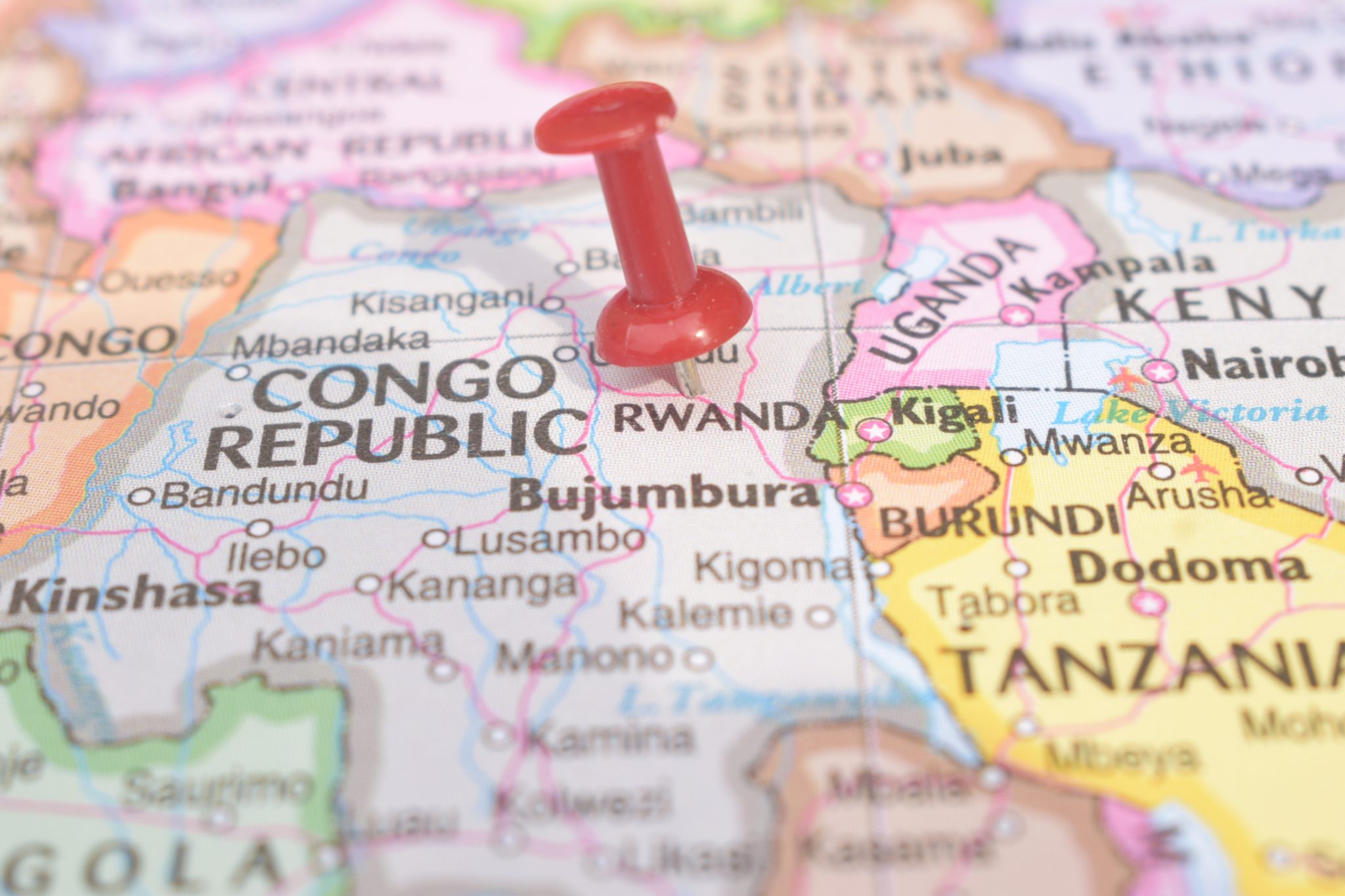Rwanda’s Decision Delays DRC Peace Talks

The U.S.-brokered peace deal between Rwanda and the Democratic Republic of Congo (DRC) has hit a snag, as Rwanda decides to put it on hold—impacting regional stability efforts.
At a Glance
- The United States aims for a Rwanda-DRC peace deal by mid-2025.
- Mistrust between Rwanda and DRC hampers progress.
- M23 rebel activity remains a critical issue in negotiations.
- U.S. involvement highlights the significance of stabilizing mineral-rich regions.
- The peace agreement’s postponement affects civilian safety and socio-economic stability.
Diplomatic Efforts at a Crossroads
Rwanda’s postponement of the US-sponsored peace agreement raises concerns over the near-term resolution of its long-standing conflict with the DRC. The United States is actively seeking a peaceful settlement by mid-2025, yet unresolved issues threaten this timeline. Washington is particularly focused on establishing implementation frameworks to address armed groups, territorial integrity, and regional security guarantees. However, deep-seated mistrust between Rwanda and the DRC remains a significant hurdle to achieving lasting peace.
The central issue complicating negotiations is the M23 rebel activity in eastern DRC. Kinshasa accuses Kigali of backing these rebels, allegations that Rwanda denies. Meanwhile, parallel peace talks in Doha, aimed at disarming and demobilizing the M23 rebel group, have not yet yielded concrete outcomes. The delay in the agreement, initially expected to be signed in mid-June, also coincides with the withdrawal of South African troops from the conflict zone, further complicating the situation.
Geopolitical Interests and Humanitarian Concerns
Washington’s push for a peace deal reflects its strategic interest in stabilizing mineral-rich regions crucial for global supply chains. The humanitarian crisis and regional destabilization in the Great Lakes region add urgency to these diplomatic efforts—recent fighting in North Kivu province has displaced hundreds of thousands. Yet, the peace process remains riddled with challenges, from accusations to trust deficits. Both Rwanda and the DRC are urged to adapt negotiations to current realities.
U.S. diplomacy hinges on rallying both nations and regional blocs to align on common interests and shared futures. Despite the current impasse, there is potential for progress if the involved parties commit to compromises and continue dialogue. The path to a long-standing peace in this volatile region may be difficult, but perseverance and solidarity can pave the way for gradual resolutions to seemingly intractable disputes.
Path Forward
The ongoing postponement of the U.S.-brokered peace deal poses risks to both civil stability and economic prospects in the region. International partnerships and steadfast diplomacy remain critical to bridging existing divisions. The implication for peace efforts involves both short-term tactical adjustments and long-term strategic commitments. The global community, including regional partners, must reinforce their commitments to nurturing dialogue and maintaining focus on sustainable conflict resolution measures.
Multifaceted negotiations, especially under the pressure of international stakeholders, may eventually lead to viable peace if parties remain open to cooperation. While the road to reconciliation is fraught with challenges, the prospect of lasting peace in the Great Lakes region necessitates a concerted effort by all involved, highlighting the importance of resilience in the face of adversity.
